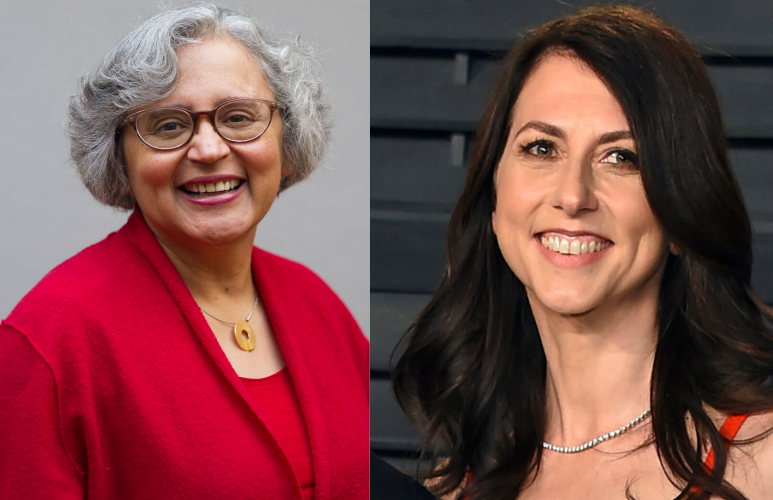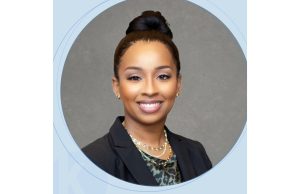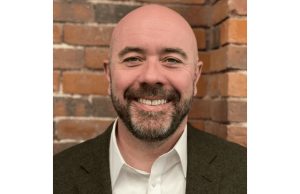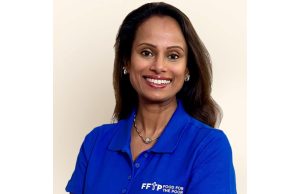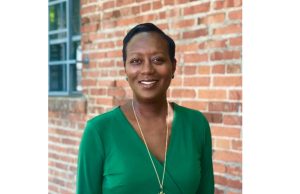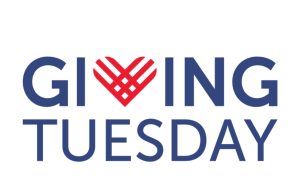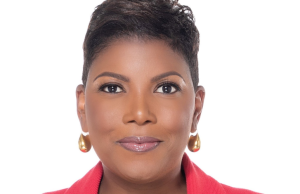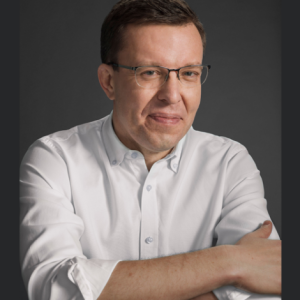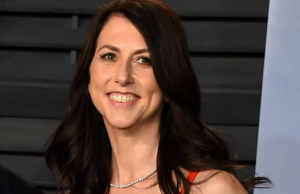There’s no hard number yet of how many applicants there will be for one of the 250, $1 million gifts from philanthropist MacKenzie Scott but winning one probably will boil down to a one-in-four chance. It’s initially a two-step process with notice of intent to apply and then filing the application. There have been plenty of tire-kickers.
“There will be a winnowing down from the pool,” and up to 1,000 top-scoring applicants will advance to Evaluation Panel Reviewer, where they will be scored by five Evaluation Panel Reviewers phase, according to Cecilia A. Conrad, Ph.D., CEO of Lever For Change in Chicago, an offshoot of the MacArthur Foundation advising Scott and administering the process.
There is a difference in giving notice of the intent to apply and actually doing it. The notice of intent deadline is today (May 5). “That’s a question (of how many intended to apply and those that did), we don’t know the answer,” said Conrad. “There are internal conversations about it every day.”
Scott announced on March 21 through her Yield Giving organization that 250 nonprofits would receive unrestricted grants of $1 million. The organizations must have an annual operating budget of between $1 million and $5 million for two of the past four years.
Yield Giving is named after a belief in adding value by giving up control. Information on the website cites that a “disproportionate amount of giving in the U.S. flows to larger organizations. This initiative seeks to help redress this inequity by elevating the work of smaller high-impact community-led, community-focused nonprofits.”
Lever For Change worked with Scott on the Equality Can’t Wait Challenge of which Scott was a donor sponsor and afterwards Scott became one of Lever For Change’s four major donors, awarding an unrestricted gift of $8 million. “We were honored to get one of her unrestricted gifts. That was an incredibly exciting phone call,” Conrad told The NonProfit Times during an exclusive interview.
Launched in 2019, Lever For Change has operated 11 customized challenges for major donors. Along with Scott, its three other major donors are the MacArthur Foundation, the Bill and Melinda Gates Foundation and philanthropist Reid Hoffman who co-founded the LinkedIn platform.
“Our typical practice, and we followed this in this case too, is that a donor will express a general notion of what they want to do in terms of giving a grant or multiple grants,” explained Conrad. “We then work with the donor or the donor’s representative to design a process that will get the kinds of projects they are interested in.”
Lever for Change staff worked to understand what Scott and her team wanted to do and to embrace the concept when setting up the challenge. “The donor and advisers had already committed to similar values and we had the experience of working with them in the past,” said Conrad.
There are four pillars organizations must meet for the Yield Challenge Open Call:
- Equity-Focused: Does the organization explicitly seek to empower those most vulnerable to achieve substantive improvement in their well-being? Specifically, are individuals and families of meager or modest means, and those historically excluded from opportunity at the center of the organization’s mission and work?
- Track Record: Has the organization meaningfully contributed to the ability of individuals and families to achieve substantive improvement in their well-being? Does the organization have a demonstrable track record of success working in this community?
- Community Leadership: Does the organization’s leadership (leader(s) and leadership team) reflect and represent the experiences and perspectives of the community it serves? Are there clear pathways for community members to influence and shape the direction of its work?
- Team Capacity: Does the team have the depth of skills, capacity, and knowledge necessary to ensure the organization’s continued success?
Information provided by finalists and top performers competing in a Lever For Change grant challenge is entered into Lever For Change’s Bold Solutions Network database. Potential donors can use the database to find projects with the confidence those nonprofits and projects have emerged through a rigorous process and undergone some due diligence, Conrad said.
Scott has awarded in excess of $14 billion in unrestricted gifts to more than 1,600 nonprofits during the past two years. “We don’t know if the donor (Scott) used our Bold Solutions Network database to locate vetted organizations” for her previous grants, said Marc Moorghen, vice president, marketing communications for Lever For Change. “However, we worked with the funders of the Equality Can’t Wait Challenge to build a smaller, dedicated Idea Lab for the top projects that emerged from the challenge. That may have been a source of information.”
This particular event was also a challenge for staff at Lever For Change. “It has required that we make sure we reach out to other funders who can share the information on their networks,” said Conrad. “We have particularly focused on finding local funders across the country who can spread the word.”
The reason for the challenge concept is to provide an alternative to the traditional philanthropic approach, which usually limits access. “We think of it in terms that the invitation-only model, you have to know someone to get an invitation. You have to be connected somehow to a funder or to someone who knows a funder,” said Conrad. “Historically that has contributed to some of the inequality and distribution of philanthropic funding we have seen. We have designed these challenges to be open calls.”
It also gets the process out of the ivory tower of funding. In the case of the challenge, applicants will look at the submission of five other organizations and score them. There will also be independent evaluators. “You get feedback on your proposals so you know what kind of comments the evaluators had and that can be used to improve your case for funding going forward,” said Conrad.
Along with the nonprofit managers learning from the process is the development of the donor’s thinking when it comes to funding. Said Conrad: “Organizations typically need general operating support. If you’re giving a major gift to an organization, I think what we have demonstrated through that process is to let the organizations define how the funds are going to be used.”

